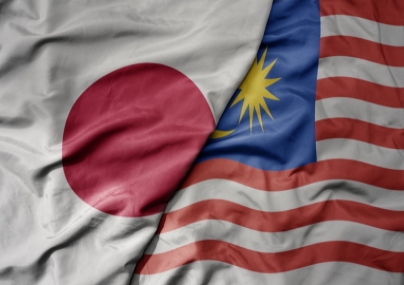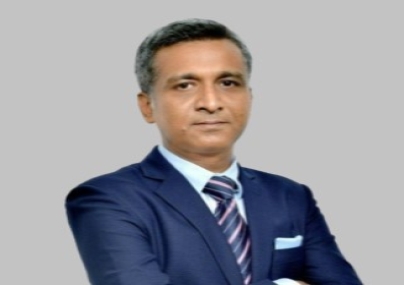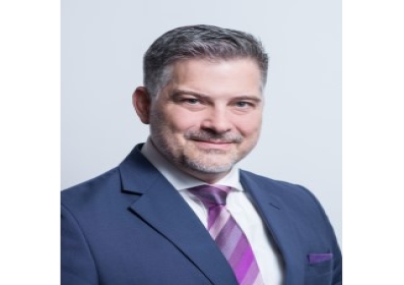ASEAN remains a bright spot and key area for project finance, and recent developments highlight the commitment of varied actors in bridging the region’s infrastructure gap. In 2015, the Asian Development Bank (ADB) pledged to increase the annual amount it lends for infrastructure and project financing to $18 billion, a 40 percent increase from their current spend. The infrastructure funding gap across ASEAN, however, remains significant, with estimates putting the shortfall at $3 billion to $8 billion by 2020.
This funding shortfall, combined with the necessity of infrastructure projects across Southeast Asia, creates space for a more diverse range of players and allows alternative financing to play a larger role. Indeed, the appetite for investment in infrastructure and project finance seems to be on the rise. China’s newly launched, $100 billion Asian Infrastructure Bank looks to boost funding in the region, “particularly private investment into infrastructure projects [in Asia],” said Chinese president Xi Jinping during the AIIB’s opening ceremony in January. Japan, an established player in the project finance arena, will increase their current spend by 30 percent and put $110 billion towards the market in the next five years.
Though project finance has long been the domain of multilateral banks, the magnitude and urgency of the infrastructure gap have paved the way for new players in financing. Private capital, project bonds, export credit agencies (ECAs) and more can play a greater role and work in conjunction with multilateral banks and governments to fill in the funding gap. The ASEAN Economic Community (AEC), which was established in 2015, exemplifies the regional integration of Southeast Asian nations, but challenges remain in mobilising cross-border capital and infrastructure links.
Understanding regulatory frameworks and developments across the region as well as conducting country-specific and sector-specific analyses are necessary. Geopolitical events and differing national policies on trade, FDI and currency flows, among others, affect the ability to move capital and influence project assessments in terms of risk, bankability and viability of bringing projects to an efficient close. Developments such as the implementation of the Basel III requirements will also be an important topic of discussion.
In addition, progress on infrastructure will mean greater regional connectivity in the form of an economic hub, a concept that ASEAN nations hope will materialise into tangible economic benefits in the form of better market access, trade benefits, increased productivity and more. Some progress has been observed, as seen in Indonesia’s energy and LNG projects, the ASEAN Infrastructure Fund (AIF) funding for Vietnam and new prospects in Myanmar. But to improve ROI on projects, more effective institutional coordination as well as collaboration in both public and private spheres to coordinate capital, see projects through and find innovative ways forward are necessary.
Are you interested in finding out more? Join industry experts at the ALB SE Asia Project Finance Conference 2016 on Nov. 8. This whole-day forum will bring together project finance professionals you need to hear from. Learn about the most pressing trends and developments in the regulatory sphere and how to conduct prudent project risk and bankability assessments. This discussion will provide you with a forward-looking assessment of the project finance arena and equip you with the tools you need to meet challenges that lie ahead.
Special early-bird rate until October 3. You may register via this link. For the programme agenda and full speaker line-up, please visit our seminars and conferences page.


